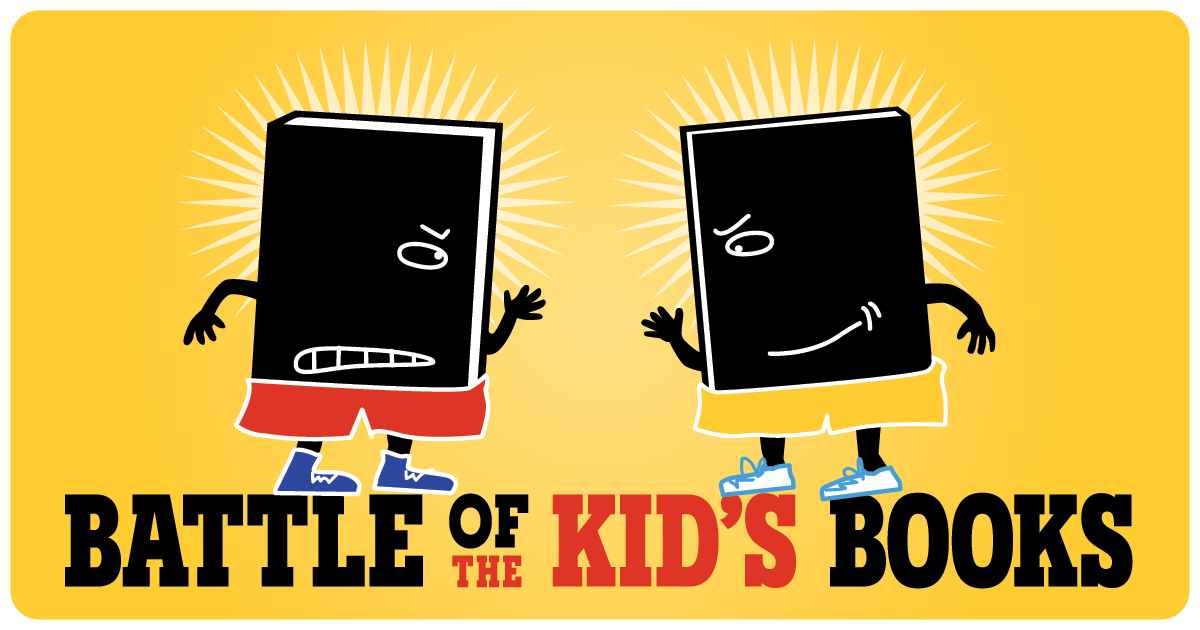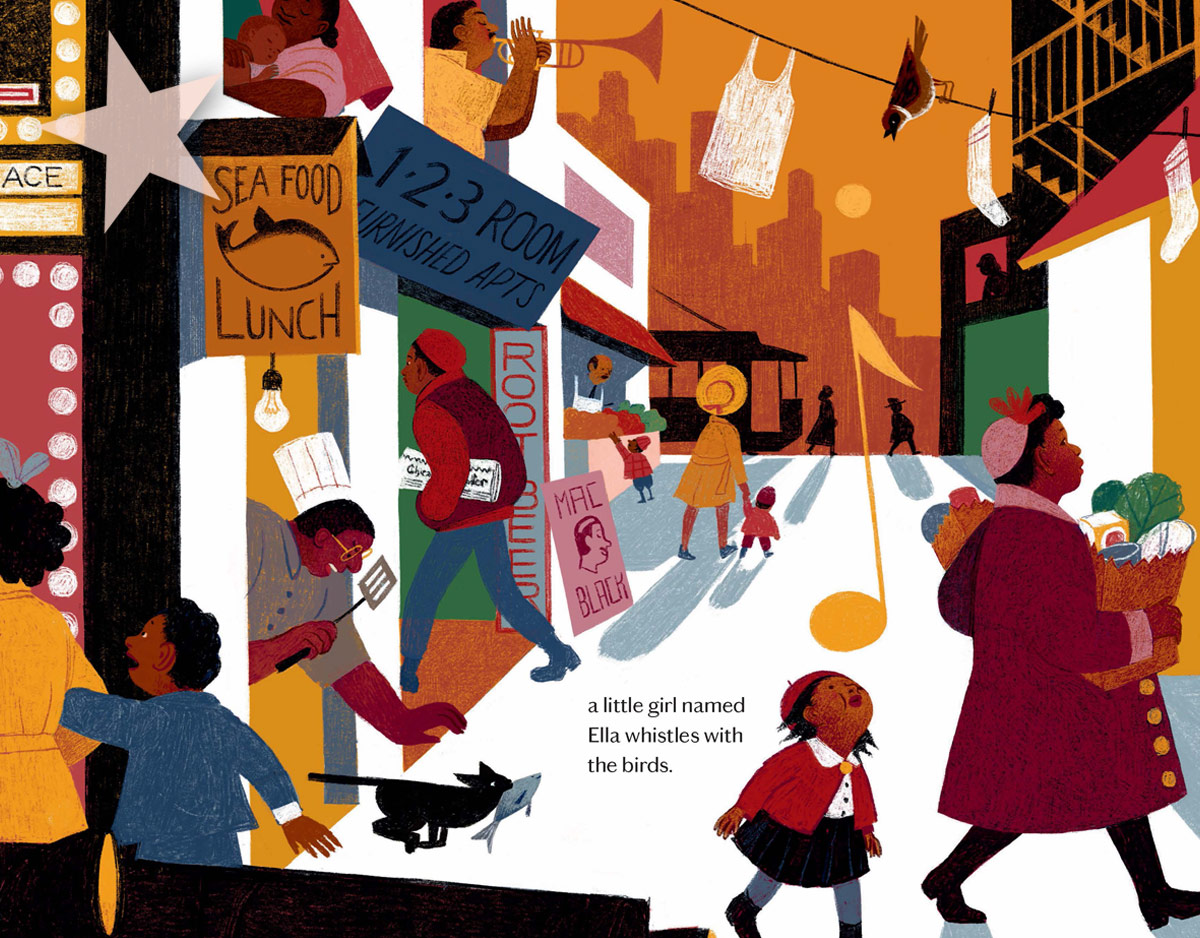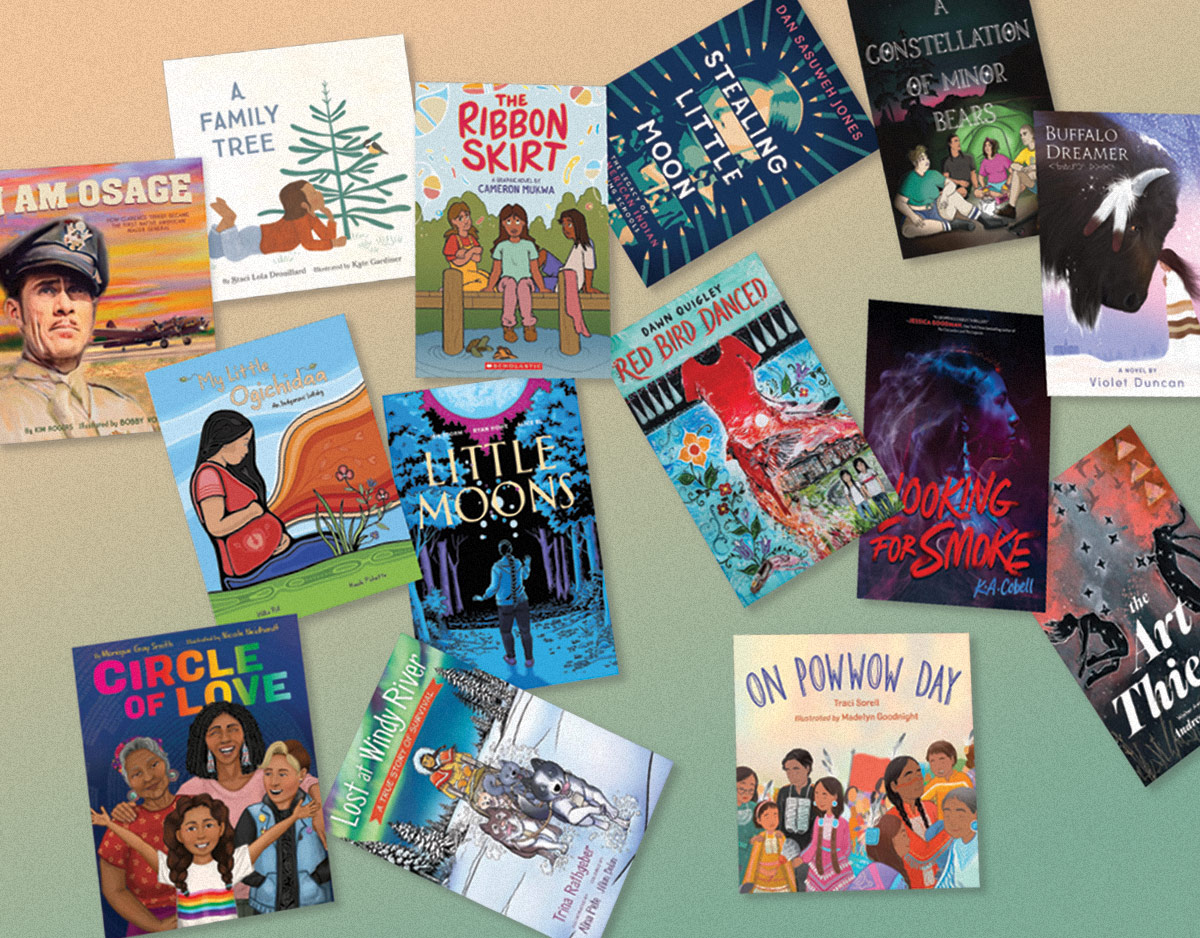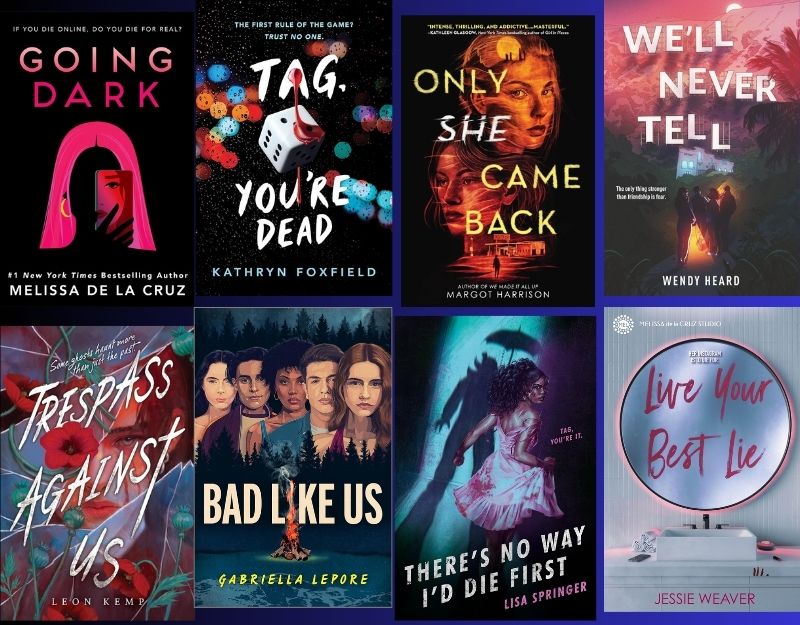SCROLL DOWN TO READ THE POST
Round 1, Match 1:The Boys Who Challenged Hitler vs Challenger Deep
|
JUDGE – Michael Buckley |
|
| The Boys Who Challenged Hitler by Phillip Hoose FSG |
Challenger Deep by Neal Shusterman HarperTeen |

The Boys Who Challenged Hitler vs. Challenger Deep
Oh, why must the books battle? Why can’t they look past their differences to find the commonalities? Can’t they see that they are both made of paper? Are they so blind to their bindings? Their acknowledgments? Their slipcovers? Why must they be so stubborn, ignoring how they both have ISBNs, planned paperback editions, and foreign rights sales that no one will be able to track. Why must they wear their shiny award stickers so arrogantly? Don’t they know their true enemy – the Hollywood producers – will soon come and make a mockery of them both?
“War, what is it good for?” Well, in this case, it makes for a fun contest, but much like selecting a tribute for the Hunger Games, I take no pleasure in deciding who will move on to the next round and who will be shot in the neck with an arrow. What makes it all the more difficult for me is that both of these books are excellent. Coincidentally, they are both about war.
The first, The Boys Who Challenged Hitler by Phillip Hoose, recounts the true story of teenagers who led a resistance movement against Nazi occupation in their home country of Denmark. The second, Challenger Deep by Neal Shusterman, is a novel about the heart-rending descent of a young man losing his battle with mental illness.
The Boys Who Challenged Hitler is a nail biter, made all the more tense because I knew nothing about the story. I was riveted by every twist and turn as Hoose masterfully told the real life story of Knud and Jans Pedersen, two brothers who secretly organize their young friends in a quest to be a thorn in the side of the Nazis. Speeding through town on their bikes, the Churchill Club (named for their hero, Winston Churchill) go from cutting telephone wires, to stealing rifles, and even arson in ever increasing acts of sabotage, all while narrowly slipping out of German hands. The story sticks close to Knud, a one of a kind hero – driven and incensed by how his country surrendered to occupation without a fight, yet with the soul of an artist. Much of the tale is told through interviews with Knud himself as he dips into his memory to give us action, adventure, intrigue, tragedy, and even a little heartbreak. I found myself flailing back and forth between cheering for him and his friends, worrying about the family he was putting in jeopardy, and wanting to grab him by the collar to shake some sense into him. He takes a lot of unnecessary risks, especially when the boys are ultimately imprisoned for their stunts, but I suppose a person has to be stubborn to take on the man who tried to conquer the world. It’s a great read with twists and turns a’plenty of lots of sidebars to keep a history buff or a novice intrigued.
My other combatant was Neil Shusterman’s Challenger Deep, a multi-layered narrative that’s equal parts mind-bending fiction and high-anxiety storytelling. Honestly, this battle of the books is exhausting. Shusterman’s hero, Caden, has gone from a healthy kid to one struggling with a mind he cannot trust, one ripe with delusions and voices that borrow liberally from his real world leaving the reader unsure of the ground they tread. Caden’s story is two-fold. In one, he’s a teenager who understands how his disease makes his thoughts and beliefs untrustworthy, trapping him in a prison filled with escape routes that change by the second, and another storyline in which he is yanked from reality to take part in a voyage to the deepest part of the ocean, a trench known as Challenger Deep, rumored to be the resting place of untold treasures. Led onward by a one-eyed pirate and his one-eyed parrot, and chased by a sea monster, the shift from reality to fantasy can be a jarring one, I believe completely intentional. Shusterman designed this story to make us feel as if we too are off kilter and Caden’s imbalance will bring you to tears. His struggle to regain control of his mind and trusting in others to get the help he needs is excruciating. I don’t think I’ve ever wanted to hug a fictional character so much in my life. Shusterman knows his way around a sentence. His writing is beautiful and crisp and inspired and his knowledge of the subject firsthand adds so much. According to his acknowledgements, his son Brendan fought his own battle and won. Brendan’s thin, swirling doodles blow through the pages like the wind in a sail, reminding us that mental illness is not something so easily tamed.
Unfortunately, I have to choose a winner in this battle and may history have mercy on me. It’s no fun to have blood on your hands, even if that blood is literary. Both books are outstanding, and I would enthusiastically recommend each. Still I have to pick one and for me, it’s Challenger Deep. Shusterman’s prose is vivid, no easy feat when trying to make the intangible examinable. He puts the reader into Caden’s shoes in ways that generate wonder and sometimes real despair, but mostly I’m impressed with its unexpected uniqueness. I don’t think I’ve read anything like this for a young person. It’s bold, and chooses not to wrap the world up in a pretty bow for that feel good ending. War is Hell, as they say, and Caden goes there and back again and Shusterman lets us go along for every harrowing step of the way.
— Michael Buckley

Let the war begin! Buckley’s opening statement, while very funny, makes me hope (Roger Sutton-like style, judging the judges) that the judges will get to the chase this year and not bemoan apples and oranges! Still, Buckley hits the nail on the head in comparing the two books through the subject of war. For me, his final decision rings true, mostly because, as he implies, the urgency and consequences of Caden’s mental war seems more vivid and immediate than Hoose’s coming of age tale during a physical war. There are lots of stories about teenage heroes engaged in all sorts of battles. The Boys Who Challenged Hitler is one such story, expertly told and full of suspense. But we don’t have enough of a “so what?,” only realizing in the appendix that many members of the Churchill Club were depressed or mentally troubled by the memory of war. Those largely forgotten stories of kids engaged in a mental battle, much more rare, make Challenger Deep shine.
– Kid Commentator RGN
THE WINNER OF ROUND 1 MATCH 1:
CHALLENGER DEEP
About Battle Commander
The Battle Commander is the nom de guerre for children’s literature enthusiasts Monica Edinger and Roxanne Hsu Feldman, fourth grade teacher and middle school librarian at the Dalton School in New York City and Jonathan Hunt, the County Schools Librarian at the San Diego County Office of Education. All three have served on the Newbery Committee as well as other book selection and award committees. They are also published authors of books, articles, and reviews in publications such as the New York Times, School Library Journal, and the Horn Book Magazine. You can find Monica at educating alice and on twitter as @medinger. Roxanne is at Fairrosa Cyber Library and on twitter as @fairrosa. Jonathan can be reached at hunt_yellow@yahoo.com.
ADVERTISEMENT
SLJ Blog Network
In Which Betsy Is Rendered Speechless: Tanya Lee Stone and Gretchen Ellen Powers Remember Rosalind Franklin in Conversation
Hilda and Twig | This Week’s Comics
Donuts, Body Image, and Teenagers: Why I Wrote a Plus-Size Theater Kid into the Spotlight, a guest post by Allen Zadoff
The Classroom Bookshelf is Moving
Gayle Forman Visits The Yarn!
ADVERTISEMENT
ADVERTISEMENT







